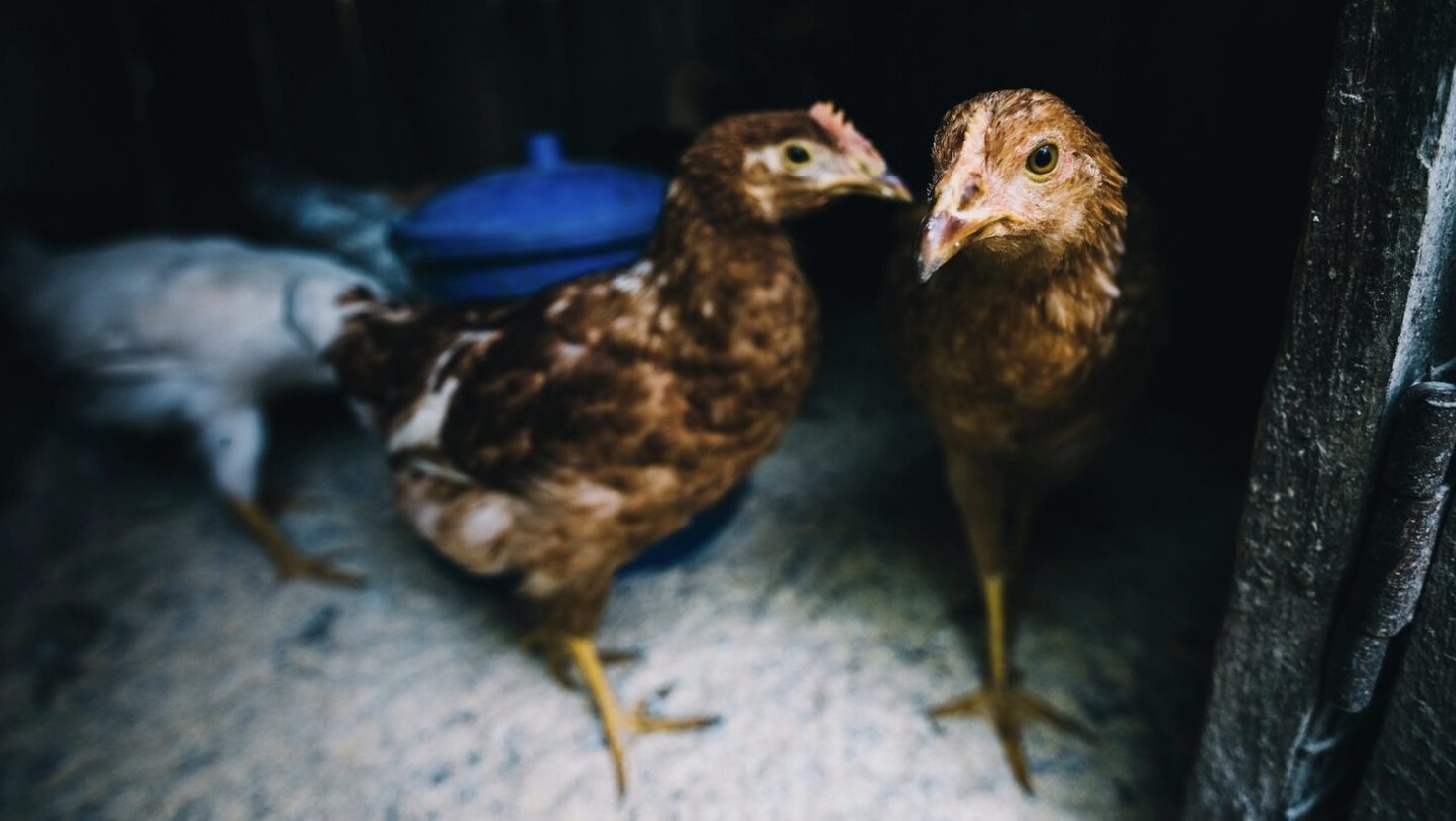SINGAPORE: A type of bird flu has infected dozens in the United States and has even spread to Canada. Concerns have been raised that it could cause infections in other parts of the globe.
Some areas are now carrying out advance preparations. Earlier this week, the United Kingdom announced that it had bought in advance more than five million doses of an avian flu vaccine should another pandemic arise.
Meanwhile, the Diagnostics Development Hub (DxD Hub) has collaborated with Japan’s National Institute for Environmental Studies (NIES) and the A*STAR Bioinformatics Institute (A*STAR BII) in developing an advanced diagnostic kit for detecting the H5N1 Avian Influenza Virus (AIV).
DxD Hub is a national platform hosted by the Agency for Science, Technology and Research (A*STAR) in Singapore.
A report in SciTech Daily called the diagnostic kit, which is called Steadfast, a “breakthrough,” adding that its development strengthens pandemic preparedness efforts across the globe.
Steadfast can detect Avian flu in as quickly as three hours, unlike kits that use conventional sequencing methods, which may take two to three days for results to show.
The quickness with which Steadfast acts is key for monitoring migratory birds allows for warnings to be issued swiftly and reinforces biosecurity at poultry facilities, the report added.
Moreover, Steadfast can also differentiate between the highly pathogenic avian influenza (HPAI) and the low pathogenic avian influenza (LPAI) strains.
Dr Sebastian Maurer-Stroh, Executive Director of A*STAR BII, said, “With this kit, we can better safeguard food security, public health, and economic stability in Singapore and around the world.”
H5N1 in 2024
While H5N1 has been around for years, early in 2024, the virus made a jump to daily cattle in the US. And then, in late October, it appeared in a pig.
At present, however, the Centers for Disease Control and Prevention states that the public health risk of bird flu is low.
However, in the US, at least 22.37 million birds have been infected with H5N1 since April, causing it to receive the designation of highly pathogenic avian influenza since it has been causing a lot of illness and fatalities among birds.
Because so many birds have been affected, this has led to the rise of the price of eggs and poultry, noted a Forbes report. When the virus jumped over to cows, hundreds of herds of cattle were affected, and H5N1 has also been detected in raw milk.
The Forbes report added that a pig getting infected recently may mean even worse news since “influenza viruses tend to swap their genetic material with each other more readily and faster in pigs than in birds.” /TISG
Read related: Singapore halts poultry imports amid bird flu outbreak in several countries, including Japan, US, France

